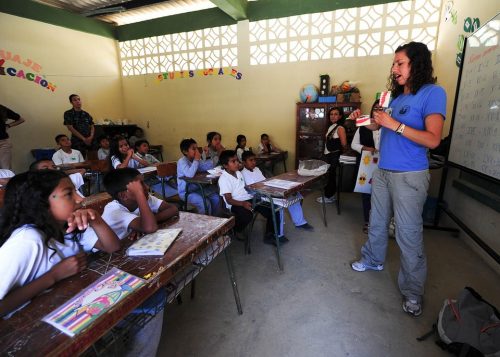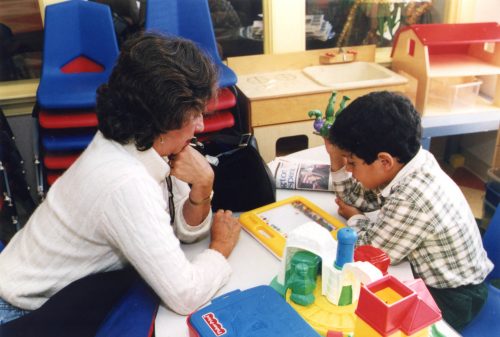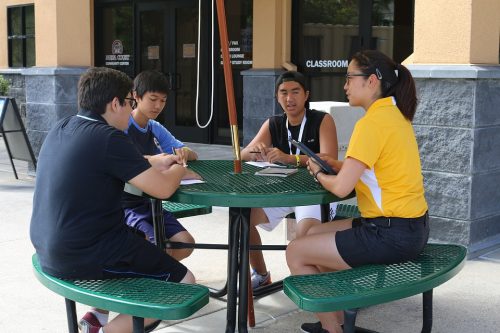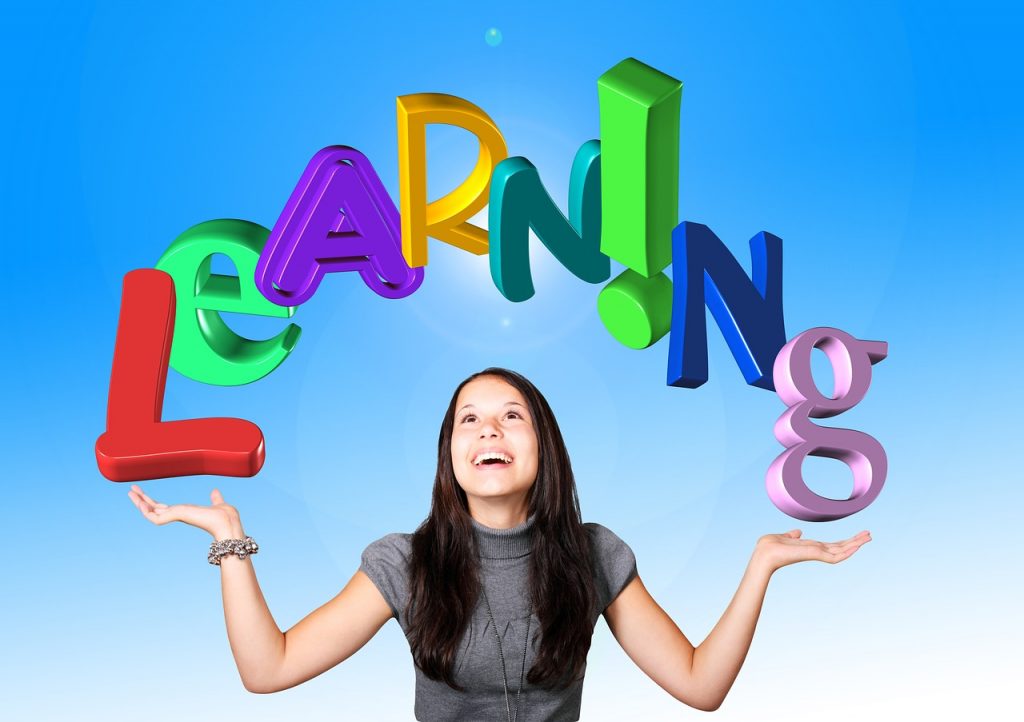
Teachers are some of the most impactful individuals in a person’s life from childhood. With an excellent educator around, they can forget the problems at home. The students can also gain a second parent in them, which is significant, especially for kids who come from a broken family or are standing at crossroads.
The same goes for learning disability in children. Perhaps more than their classmates or parents, the teachers can understand and see their academic struggles the most. And considering they are past the preschool age, the students spend at least one-third of their weekdays at school. Thus, if there’s someone who can encourage a troubled learner to make progress, that may be a teacher.
Check out a few essential messages an educator should – and can – convey to students with learning difficulties below.
You Are Not A Failure
The first thing you may notice with kids who can’t keep up with the class academically is that they often look at themselves in a bad light. If you ask such a student to describe himself or herself, it’s possible to hear self-deprecating words, e.g., dumb, idiot, and letdown, come out of their mouth.
As their teacher, you need to correct this perception over and over until the children can accept that they genuinely are not failures. This path may be a bit rocky in the beginning, but its fantastic effect on the learner will make it worth all your effort.
It’s Not Necessary To Learn As Fast As Others

Students with learning disabilities also tend to get angry or frustrated when they realize they are falling behind the rest of their peers. That’s when the rebellious side goes to the surface and causes more distractions in their life.
One way to avoid that is to instill in your student’s minds that it’s irrelevant to compare their learning speed with other people. There will be individuals who will always be better than them at something, but that doesn’t mean they can’t have the same knowledge as others. Once they persevere, nothing is impossible.
The Disability Is Only A Hurdle You Can Jump Over
Regardless of your religious beliefs, it cannot hurt to think of the difficulty as an obstacle that the student can crush as soon as he or she is ready. Aiding the learners to see the issue as such is highly essential for their improvement. Kids, in fact, may appreciate that kind of simile, mainly if they are into games.
We Are Here To Help You

Last but not least, reassure the student that you, along with their friends, family members, and batchmates, are available whenever he or she requires assistance. It is far too easy to feel inferior during this situation, as well as have that emotion play tricks in their minds. That may result in loneliness and depression, which can only make matters worse.
Open communication is highly vital to allow them to realize that you’re not merely saying it on a whim. Give the child a number where he or she can call or text you to clarify things about the previous lessons. In addition to that, offer remedial classes and create lesson plans that will be extra beneficial to them.















